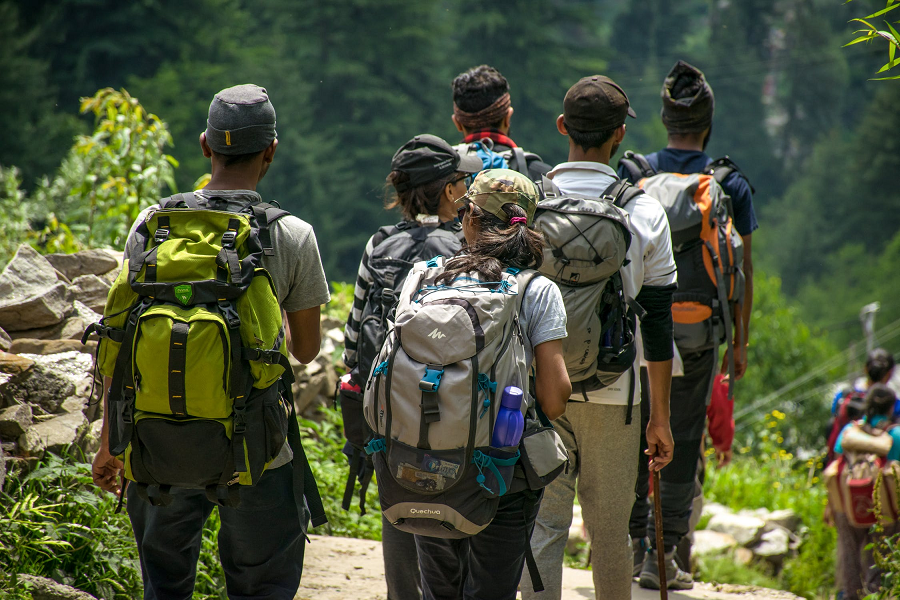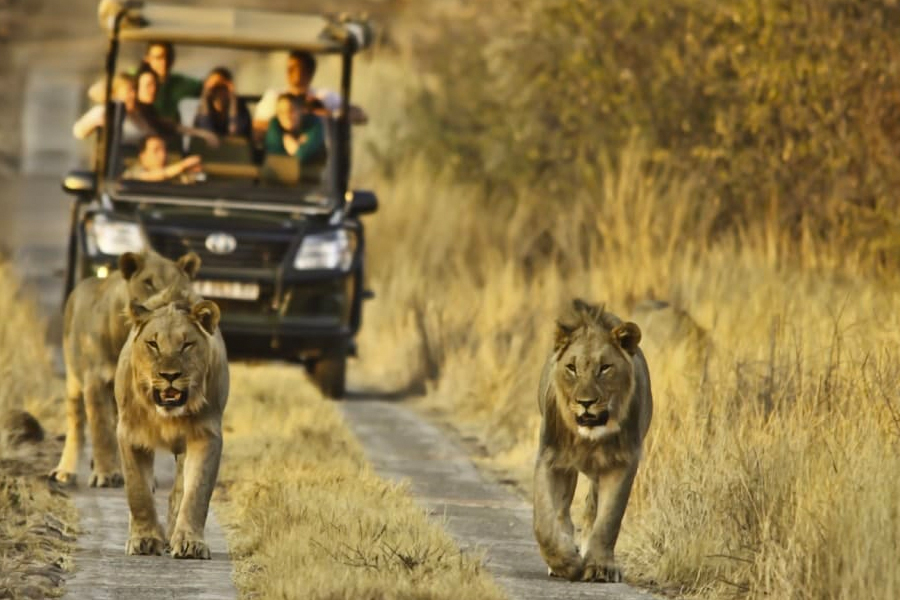Participating in outdoor adventure events is an exciting way to explore nature and challenge oneself physically. However, it’s important to keep safety and security in mind to ensure that the experience remains positive and enjoyable. Here are eight tips for staying safe and secure at outdoor adventure events:
1. Research the event beforehand
Before you sign up for an outdoor adventure event, make sure you do your research. Look into the event’s safety record and read reviews from previous participants. If the event has a history of accidents or injuries, consider whether it’s worth the risk.
Additionally, make sure you know what to expect from the event. Will you need any special equipment or training? Are there any potential hazards you should be aware of? Knowing these details ahead of time can help you prepare appropriately and avoid unexpected risks.
2. Check the weather forecast
The weather can play a significant role in the safety of outdoor adventure events. Before you head out, check the forecast for the area and make sure you’re prepared for any potential conditions. If there’s a risk of thunderstorms or other severe weather, consider postponing your plans or adjusting your route.
3. Bring the right gear
Having the right gear can make a big difference in your safety and security during an outdoor adventure event. Make sure you bring appropriate clothing and footwear for the conditions, as well as any necessary equipment like a first aid kit or navigation tools. Buy bullpup shotguns online to keep you safe at outdoor adventures.
Additionally, if you’re participating in an activity like hiking or rock climbing, make sure you have the necessary safety gear. This might include a helmet, harness, ropes, or other equipment to prevent falls or injuries.
4. Stick to established trails and routes
When exploring the outdoors, it can be tempting to blaze your own trail and explore off the beaten path. However, this can be dangerous, especially if you’re unfamiliar with the terrain. Stick to established trails and routes to avoid getting lost or injured.
Additionally, if you’re participating in an event with a pre-determined route, make sure you follow it closely. Deviating from the route can put you at risk of injury or getting lost.
5. Stay hydrated and nourished
Staying hydrated and nourished is important for both your physical and mental wellbeing during outdoor adventure events. Make sure you bring plenty of water and snacks to keep your energy levels up throughout the day.
Additionally, be aware of any potential risks of dehydration or heat exhaustion, especially in hot weather. Take breaks when needed, and consider adjusting your plans if you’re feeling too fatigued.
6. Travel in a group
Traveling in a group can provide an added layer of safety and security during outdoor adventure events. Make sure you have a designated group leader or point person who is familiar with the route and any potential hazards.
Additionally, make sure everyone in the group is aware of the plan and any safety protocols in case of an emergency. This can include things like how to call for help, who to contact in case of an injury, and what to do if someone gets lost.
7. Carry a communication device
Carrying a communication device like a cell phone, satellite phone, or two-way radio can provide a lifeline in case of an emergency. Make sure your device is fully charged and has a strong signal before you head out.
Additionally, make sure someone outside of your group knows your planned route and expected return time. This way, if you don’t return on time, they can alert authorities and initiate a search and rescue operation if necessary.
8. Trust your instincts
Finally, trust your instincts when it comes to safety and security during outdoor adventure events. If something doesn’t feel right, it’s better to err on the side of caution and adjust your plans accordingly.
Conclusion:
In conclusion, participating in outdoor adventure events can be a thrilling experience, but it’s important to prioritize safety and security. By researching the event beforehand, checking the weather forecast, bringing the right gear, sticking to established routes, staying hydrated and nourished, traveling in a group, carrying a communication device, and trusting your instincts, you can reduce the risk of injury or harm.
Remember, the goal of outdoor adventure events is to challenge yourself and explore new terrain, but not at the expense of your safety. By taking these precautions, you can have a positive and memorable experience while enjoying the great outdoors.



